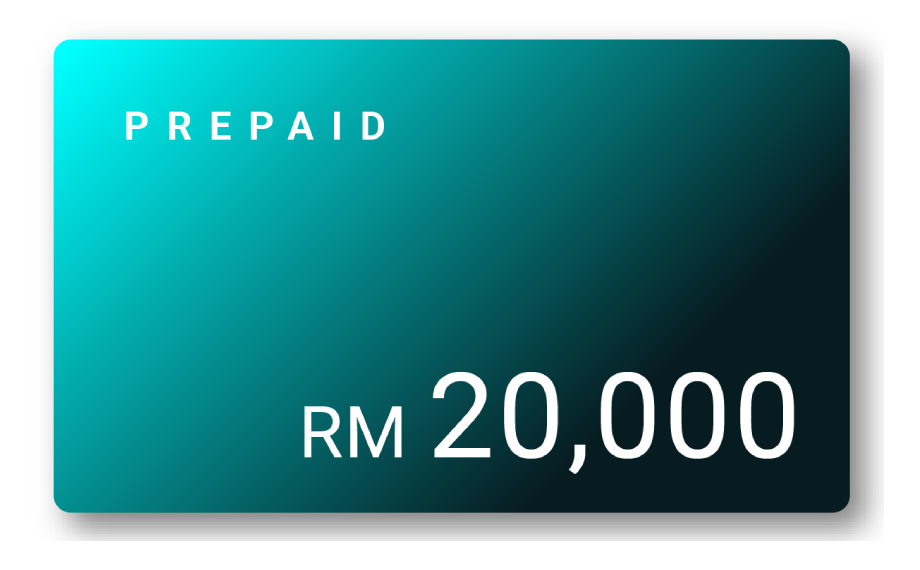Verity journal
Verity Journal
Background Screening

Before we dive further into the topic of adequate procedures as stated in Section 17A (S17A) law, let us take a quick refresher of what this law is all about. S17A law states that a commercial organisation is deemed to have committed an offence if any person associated with the commercial organisation carries out a corrupt act in order to obtain or retain business or advantage for the commercial organisation. In other words, the management of the organisation (Director, Partner, Controller, Officer) will be held accountable for the subordinates’ involvement in any sort of corrupt practices such as embezzlement, bribery and so forth.
As harsh as it may sound, the purpose of this law really is to foster the growth of a business environment, one that is free of corruption. As such, all commercial organisations are encouraged to set in place reasonable measures to ensure their businesses – especially the employers – do not participate in any sort of corrupt practices. In view of this, the Prime Minister’s Office has issued a guideline on Adequate Procedures which organisations can implement to minimise the occurrence of corrupt activities. Furthermore, having in place Adequate Procedures also allows any organisations to gain a suitable defence should they be found liable under this law.
Background Screening in Adequate Procedures
Under Adequate Procedures, there are five key principles, T.R.U.S.T that can be taken into consideration:
T – Top Level Commitment
R – Risk Assessment
U – Undertake Control Measures
S – Systematic Review, Monitoring and Enforcement
T – Training and Communication
Each of these principles notes a list of measures and procedures which an organisation can observe and implement to minimise the risk of being liable for corruption. If you have already implemented background screening as part of your organisation’s SOP, you will be thrilled to know that background screening is considered as one of the measures under Principle 3 of Adequate Procedures, which is ‘Undertake Control Measures’. If you are unsure what this principle entails, let us shed more light on this.
In this principle, it states that any commercial organisation should put in place the appropriate controls and measures to address any corruption risks arising from weaknesses in the organisation’s governance framework, processes and procedures. This includes conducting due diligence prior to having any formal engagements or business relationships with any parties, be it employees, board members or even vendors. In this regard, the nature and purpose of background screening , which is to conduct checks on the individual’s personal information, criminal records, employment history and financial history, fits right into the concept of due diligence.
Ultimately, having background screening as part of your organisation’s due diligence practice not only supports your organisation’s commitment to building a healthy working ecosystem, but it acts as a good stepping stone to be prepared for the upcoming S17A law set to be introduced in June 2020.
To find out more about how you can set into motion background screening practices in your company, do reach out to us at https://www.verityintel.com/contact-us/ and our advisor will assist you further.
“At Verity Intelligence, our entire process complies with the Malaysian Personal Data Protection Act as we are very serious about regulatory compliance and respecting the privacy of individuals. The information we obtain, screen or verify from is also publicly and legally available.”
You must be logged in to post a comment.






There are no comments